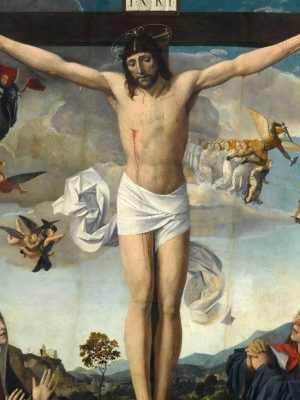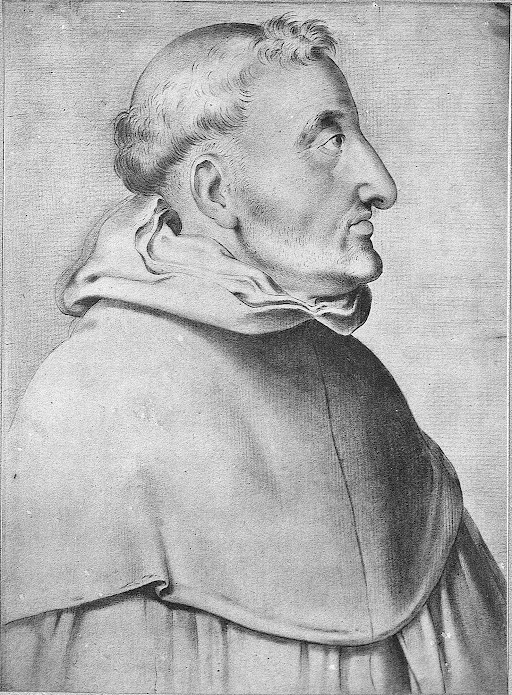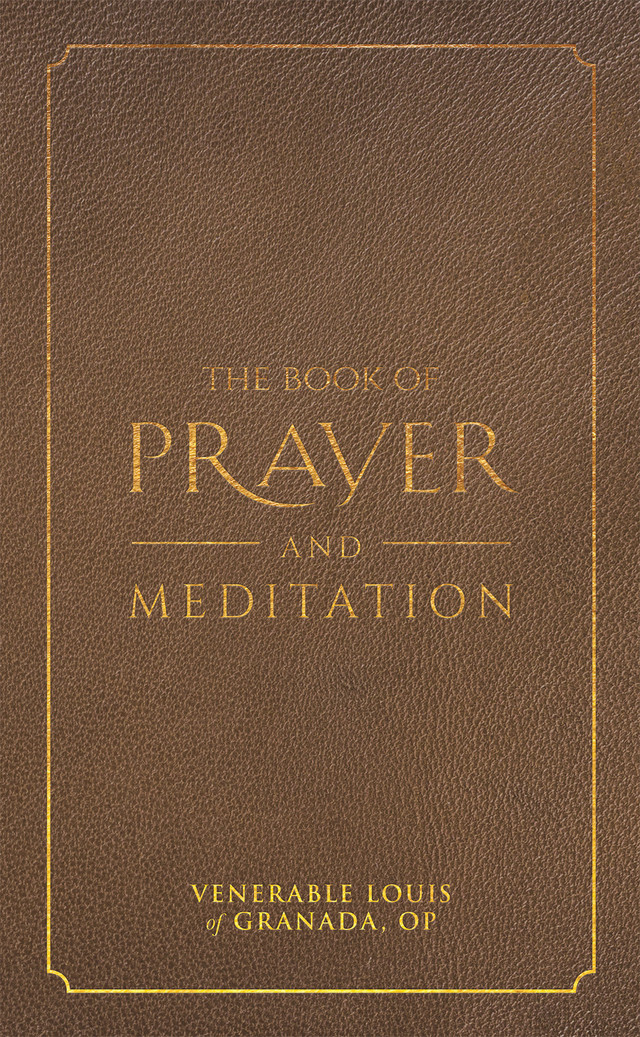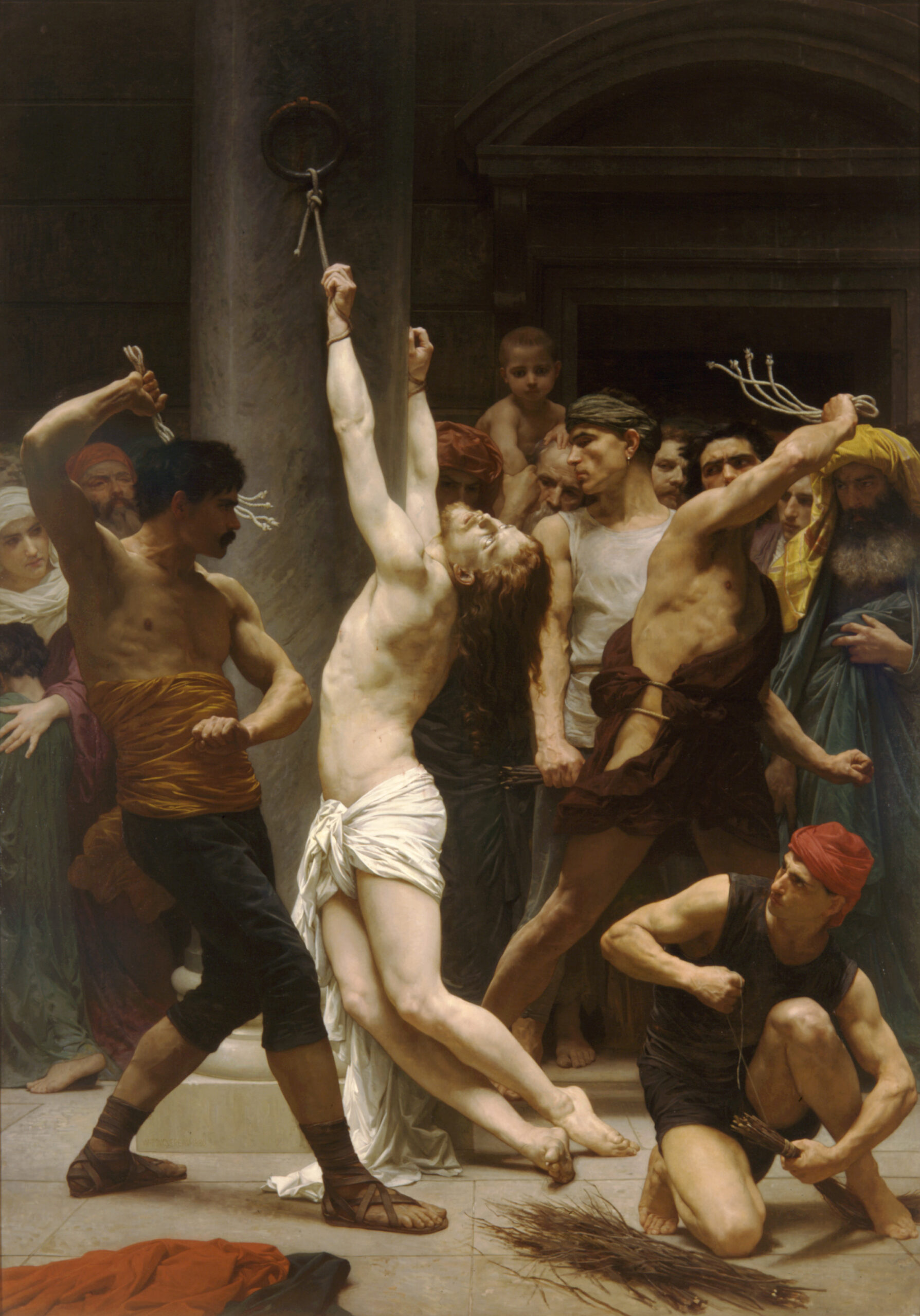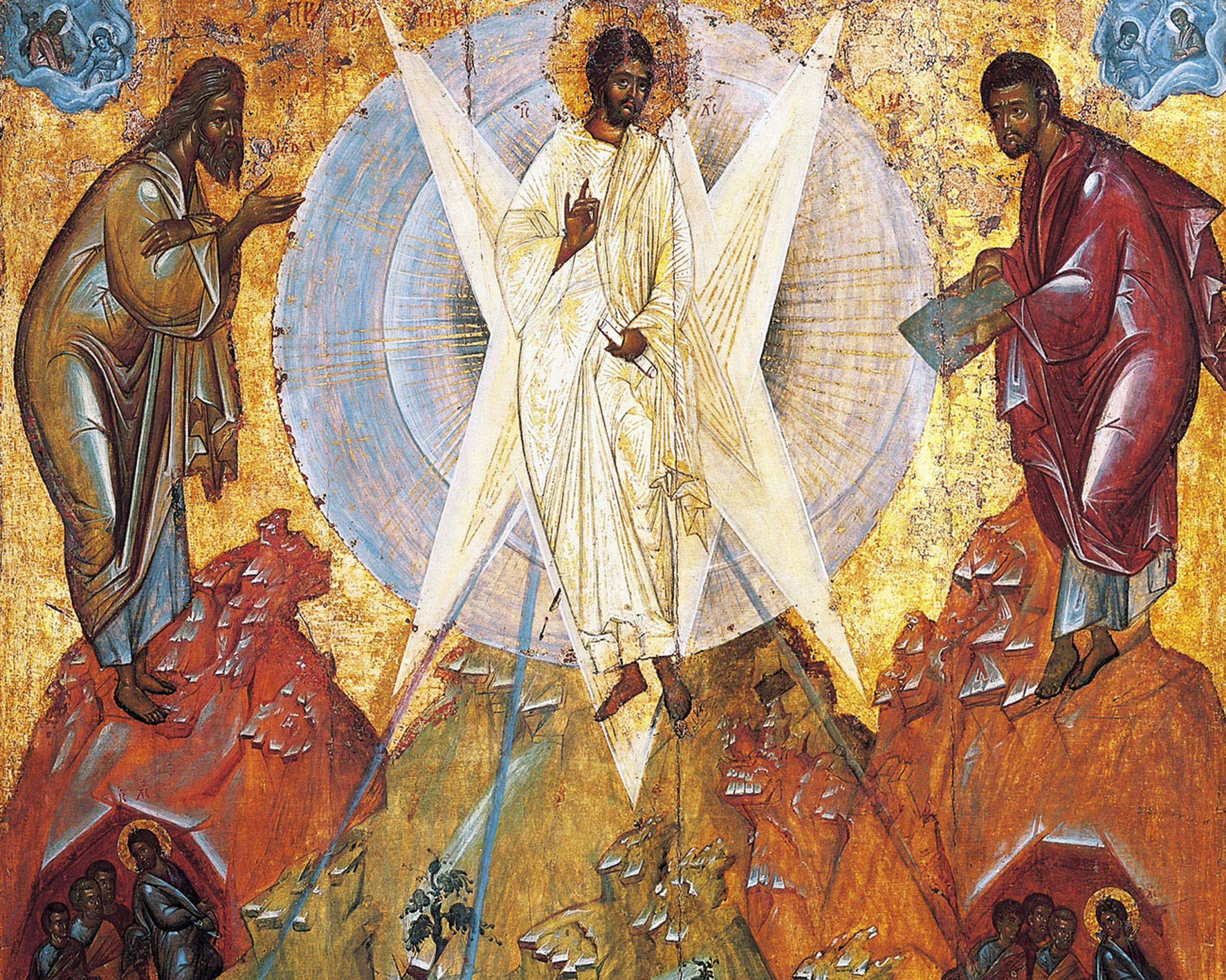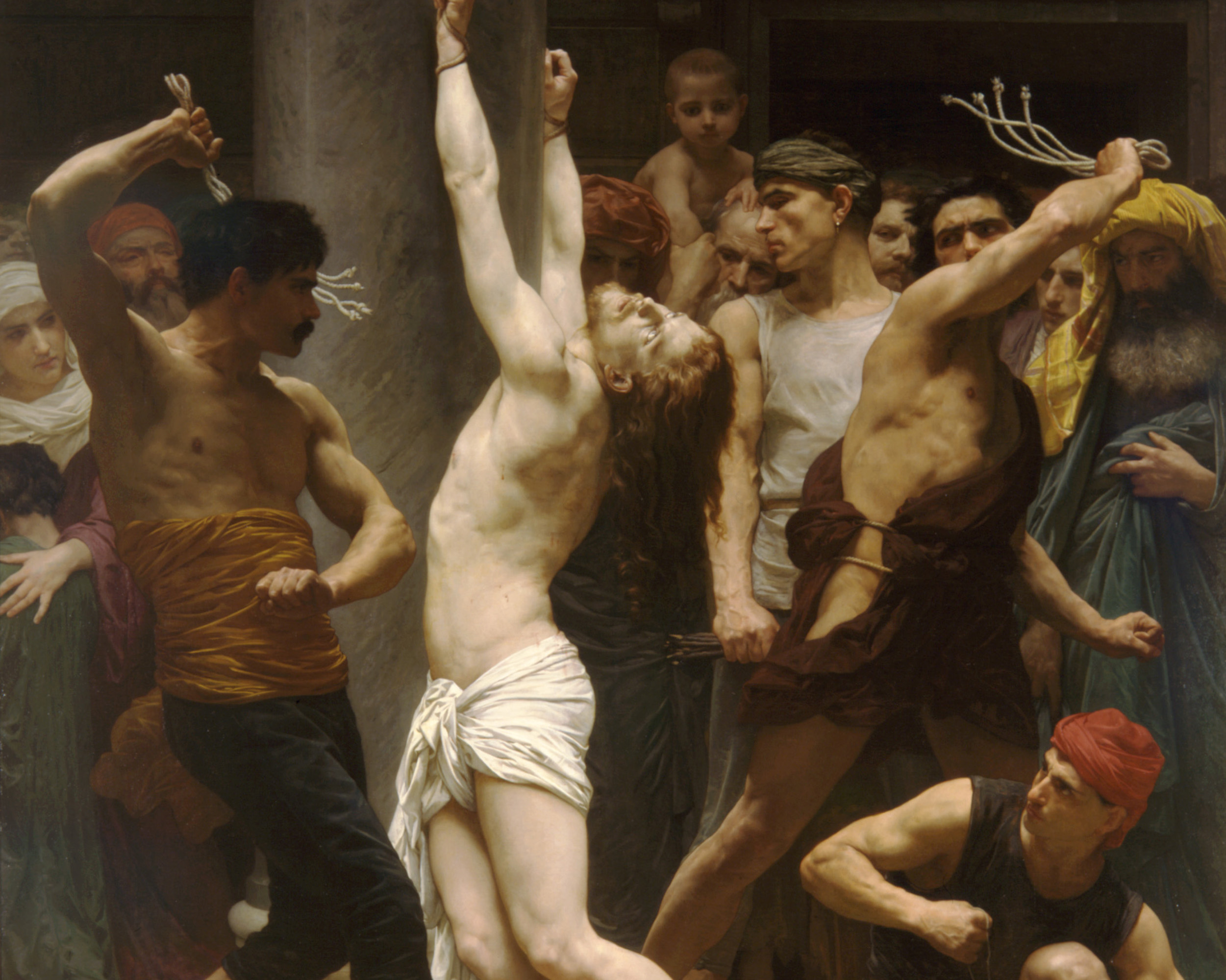Every sin causes unfathomable grief to Our Lord. In stirring our hearts to sincere repentance, it is a very useful practice to meditate frequently upon the passion of Jesus Christ. Take the saintly wisdom of Ven. Louis of Granada to heart as he explains the benefit of this holy practice.
Sins Cause Our Lord to Grievously Suffer
The second point that we have to consider in the passion of our Savior, is the grievousness of our sins, whereby to move our hearts to be sorrowful for them, and to abhor them. Wherefore we must understand, that (as all the holy learned fathers do affirm,) our sins were the very cause why the son of almighty God suffered such grievous pains, torments, and cruel death, as he suffered in this world. For it is certain, that if there had been no sin to be the mean and occasion of his suffering, it had not been needful for him to have suffered as he did. It is not agreed among the learned divines, whether the son of God should have been incarnate, in case man had not sinned, (for some do affirm it, and some do deny it,) but this is holden for a most certain truth, that in case man had not sinned, the son of God should not have died. Whereby it appeareth, that our sins were the very cause that moved him to suffer all these miseries, and that our sins were they that threw him into this prison, and that our sins were they that nailed him upon the cross.
Foster Sincere Repentance for Thy Sins
And think not, because they were not thy sins alone which were the cause hereof, that thou art therefore worthy of the less punishment: for according to the laws of justice, he deserveth no less punishment that killeth an innocent being accompanied with many in committing the fact, than if he alone had killed him. So that by this rule thou seest, what great reason thou hast to move thee to abhor thy sins, and to be earnestly sorry for them, by calling to mind, that they were the tormentors which in very deed crucified the son of almighty God, and caused him to suffer so great pains, and torments. This is a greater cause to move a man to abhor sin, and to be sorry for the same, than all other losses and miseries that ensue of sin, yea although we should reckon among our losses the deprivation of the everlasting glory and felicity which is lost by a deadly sin, and the everlasting horrible pains which be purchased by the same.
Thy Sins Punished Jesus
Now according unto this doctrine, when thou shalt be occupied in meditating upon the holy passion, and shalt see how the enemies do apprehend our Savior, and how they accuse him, and buffet him, and how they spit upon him, and whip him, etc. think for certain, that thou art in very deed in company with them, and that thou hast joined with them in this conspiracy against our Savior. So that thou mayst truly say, that thy sins do accuse him, that thy dissolute behavior bindeth him, that thy anger and malice whipeth him, that thy presumption and rashness buffeteth him, that thy pride crowneth him with thorns, that thy fond braveries and vanities do cloth him with purple, that thy pleasures, and delights give him to drink gall, and vinegar, and to be short, that thy disobedience naileth his hands and feet upon the cross. Forsomuch as the pains which thou deservest by these thy sins, he vouchsafed of his infinite charity to suffer for thee. For it is certain, that the tormentors should never have had power to torment him as they did, in case thy sins had not given them force and strength to do the same.
This is one very profitable way of meditating upon the holy passion for all kind of persons: but it is much more requisite for such as do but newly begin to enter into the service of almighty God, and do endeavor to cleanse the sins of their former dissolute life with the holy exercises of Penance.
ooo
This article is taken from a chapter in The Book of Prayer and Meditation by Venerable Louis of Granada which is available from TAN Books.


